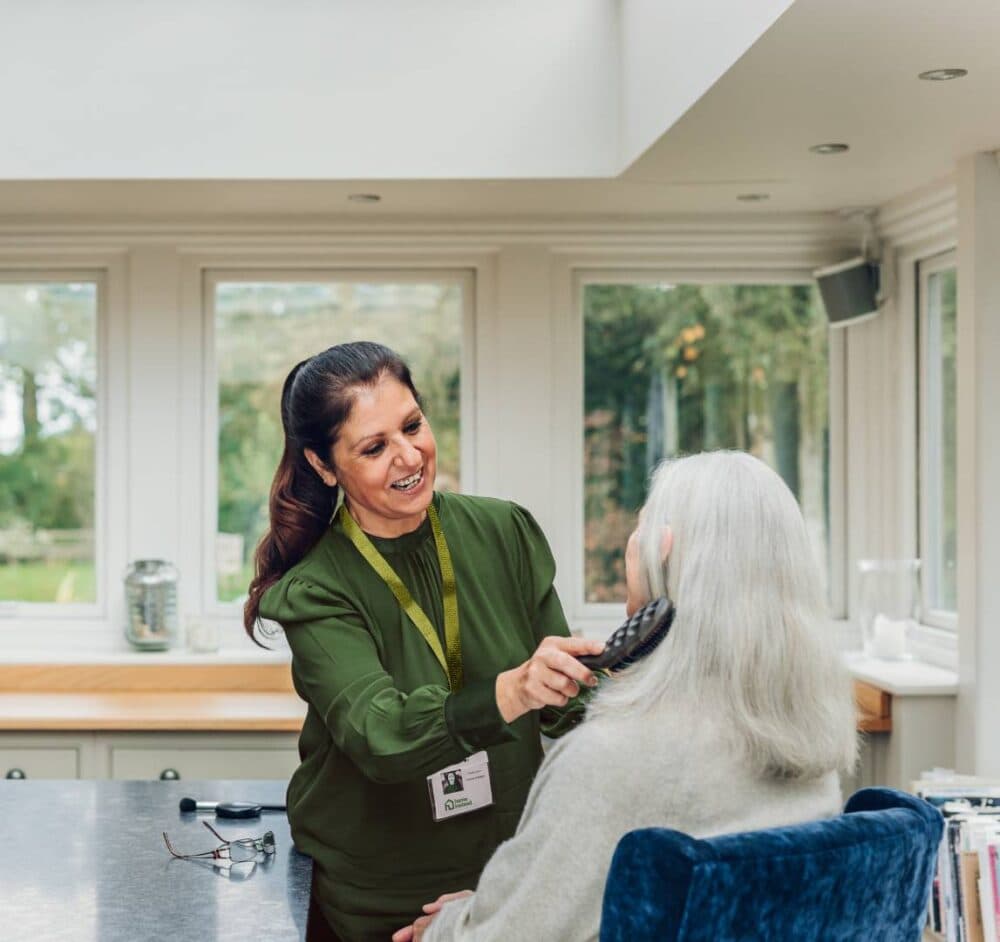What is the 7-Year Rule for Care Home Fees? The Truth You Need to Know

Have you heard that gifting assets seven years before needing care means they won’t be counted in a financial assessment? Many people believe this, but the reality is more complex. Understanding how care home fees work can help you make informed decisions for yourself or a loved one. In this blog, we break down the truth behind the so-called “7-year rule,” explain how financial assessments work, and clarify what you need to know about care funding.

The Myth of the 7-Year Rule
Many people assume that if they give away property, savings, or other assets at least seven years before moving into a care home, those assets will not be included in financial assessments. This belief likely stems from inheritance tax laws, where gifts made more than seven years before death are exempt from taxation. However, this rule does not apply to care home fees.
Local authorities assess whether an individual has deliberately deprived themselves of assets to avoid paying for care. If they suspect this has happened, they can still consider those assets when determining financial support, regardless of how long ago the transfer took place.

How Financial Assessments for Care Home Fees Work
When someone requires care, the local authority carries out a financial assessment to determine how much they must contribute towards their care home fees. This assessment takes into account income, savings, and property value. The thresholds for 2024/2025 are:
Care Funding Thresholds
- England & Northern Ireland
- Upper threshold: £23,250
- Lower threshold: £14,250
- Scotland
- Upper threshold: £35,000
- Lower threshold: £21,500
- Wales
- Upper threshold: £50,000
- No lower threshold
Those with assets above the upper threshold must fund their care in full. If assets fall between the thresholds, partial support may be available. Below the lower threshold, the local authority fully covers care costs.
For those receiving care at home, property is usually excluded from the assessment. However, if someone moves into a care home, their property will be counted unless an exempt person (such as a spouse) still lives there.

Investigating Asset Transfers
Local authorities assess asset transfers to determine whether they were made with the intention of avoiding care fees. Unlike inheritance tax rules, there is no fixed time limit on how far back an investigation can go. Each case is considered individually, focusing on the intent behind the transfer.
If the council believes an asset was given away to avoid care costs, they may classify it as notional capital, meaning they will still include its value in the financial assessment.
Examples of Asset Transfers and Their Implications
| Action | Could It Be Considered Deliberate Deprivation? | Example |
| Gifting large sums of money | Yes, if the purpose was to avoid care fees | Giving away savings shortly before entering care |
| Selling property below market value | Yes, if care needs were foreseeable | Selling a home to a relative for less than its worth |
| Paying off debts | No, if the transaction is legitimate | Clearing loans or credit card balances |
If an asset transfer is deemed deliberate deprivation, the council can assess the person as if they still owned it. This means they may still have to contribute towards their care fees, even if they no longer have the money or property.

Understanding the 7-Year Rule and Inheritance Tax
While the 7-year rule does not apply to care home fees, it does impact inheritance tax. Under UK inheritance tax rules:
- Each person has a £325,000 tax-free threshold.
- If they leave property to direct descendants, the threshold increases by £175,000 to £500,000.
- Any amount above this is taxed at 40%.
If someone gifts assets and survives for at least seven years, those assets will not be subject to inheritance tax. However, if they pass away within seven years, the tax rate depends on how much time has passed:
| Years Between Gift and Death | Inheritance Tax Rate |
| Less than 3 years | 40% |
| 3 to 4 years | 32% |
| 4 to 5 years | 24% |
| 5 to 6 years | 16% |
| 6 to 7 years | 8% |
| More than 7 years | 0% |
If inheritance tax does not apply to an estate, the seven-year rule is irrelevant.

Frequently Asked Questions
1. Does the seven-year rule apply to care home fees?
No. Local authorities can investigate gifts at any time if they believe they were made to avoid care fees.
2. What is deliberate deprivation of assets?
It occurs when someone transfers money or property to avoid paying for care. If a local authority determines this was the case, the asset may still be counted in a financial assessment.
3. Can I give gifts to family without it being considered deliberate deprivation?
Yes. Small gifts, such as birthday or holiday presents, are usually exempt. However, large transfers made before entering care may be scrutinised.
4. Is my home included in the financial assessment if I gift it to my children?
If transferred while anticipating care needs, the local authority may still count its value in the assessment.
5. What happens if I sell my home below market value?
If done to avoid care fees, the local authority may still consider its full market worth.
6. Are gifts made more than seven years ago safe from assessment?
Not necessarily. Local authorities can investigate transfers at any time if they believe the purpose was to avoid care costs.
7. What types of gifts are exempt from assessment?
Exempt gifts include small amounts given from surplus income, charitable donations, and reasonable holiday or birthday presents.
8. How can I avoid issues with gifting assets and care home fees?
Seek professional financial advice before making significant asset transfers to ensure compliance with care funding rules.

Expert Care Support from Home Instead South Lanarkshire
Navigating care fees and financial assessments can be overwhelming, but you’re not alone. At Home Instead South Lanarkshire, we provide compassionate, expert care tailored to individual needs. Our experienced team can help you understand care options, funding, and financial assessments to ensure the best care for you or a loved one.
📞 Get in Touch
For more information about our home care services, call us on [your contact number], or visit our website: https://www.homeinstead.co.uk/south-lanarkshire/.
Let’s make informed care decisions—together.

Areas We Serve
Hamilton, Uddingston, Motherwell, Bothwell, Strathaven, Bellshill, Rutherglen, Cambuslang
G71 5, G71 6, ML2 7, ML4 3, ML1 3, ML1 2, ML2 0, ML4 1, ML4 2, G72 6, G73 5, G71 8, G72 9, G73 4, G71 7, ML1 1, ML1 4, G72 0, ML2 8, ML1 5, G72 8, G72 7
Unit 2 Brandon House Business Centre, 23-25 Brandon St, Hamilton ML3 6DA